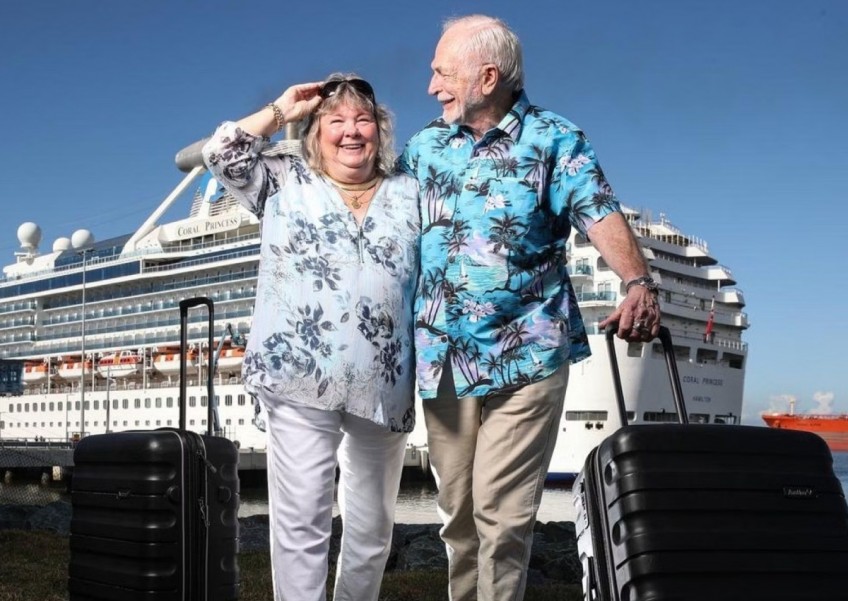Cruising can be an excellent way for senior travelers to explore new destinations, relax, and enjoy themselves like teens on spring break. However, extra planning can go a long way in ensuring a smooth and comfortable experience. Here’s a list of things senior travelers should consider before, during, and after their cruise to maximize their enjoyment and ensure a safe and memorable adventure.

Before you embark:
- Choose the right cruise: Consider factors like destination, length, and activities offered. Opt for shorter cruises if it’s your first time or if you have mobility limitations. Choose destinations with senior-friendly excursions and activities.
- Special Dietary Needs? It would be best if you told the ship in advance. They will bend over backward to accommodate your needs if they know.
- Book accessible accommodations if needed: Inquire about cabin accessibility features like wider doorways, grab bars in the bathroom, and showers with shower seats.
- Inform the cruise line about any medical needs: Alert them about any pre-existing medical conditions and inquire about any mobility aids you need. You can try to tell them about medications you will be bringing with you, but they probably won’t care unless it is medication they need to allow for, like a refrigerator for insulin.
- Purchase travel insurance: Protecting yourself from unexpected events like trip cancellations, medical emergencies, or lost luggage is crucial. I like Travel Guard but there are plenty of options.
While onboard:
- Familiarize yourself with the ship: Take a tour or explore the ship on your own to know the layout, location of your cabin, emergency exits, and elevators. I try to memorize the deck plans, focusing that effort on where major venues are relative to each other.
- Pack comfortable clothing and footwear: Bring loose-fitting, layered clothing suitable for various activities and weather conditions. Opt for comfortable, slip-resistant shoes with good arch support.
- Pack essentials: Don’t forget your medications, doctor’s prescriptions, eyeglasses, sunscreen, and a hat. Pack comfortable walking shoes for exploring ports of call. If packing space is a premium, one pair of shoes will do everything. No one does a fashion check.
- Enjoy the activities at your own pace: There are plenty of activities onboard, from lectures and shows to swimming and dancing. Choose activities that suit your interests and physical abilities. Don’t hesitate to take breaks and relax whenever you need to.
- Stay hydrated: In warm weather, drink plenty of water throughout the day to avoid dehydration.
- Be mindful of what you eat and drink: It’s easy to overindulge on a cruise. Choose healthy options and limit alcohol consumption to avoid feeling unwell.
- Participate in shore excursions carefully: Choose excursions that are appropriate for your mobility level and interests. Ask about the level of walking involved and the terrain before booking.
- Bring identification: Carry your passport, cruise card, and any other relevant identification documents with you at all times.
By keeping these tips in mind, senior travelers can ensure a safe, enjoyable, and memorable cruise experience.
